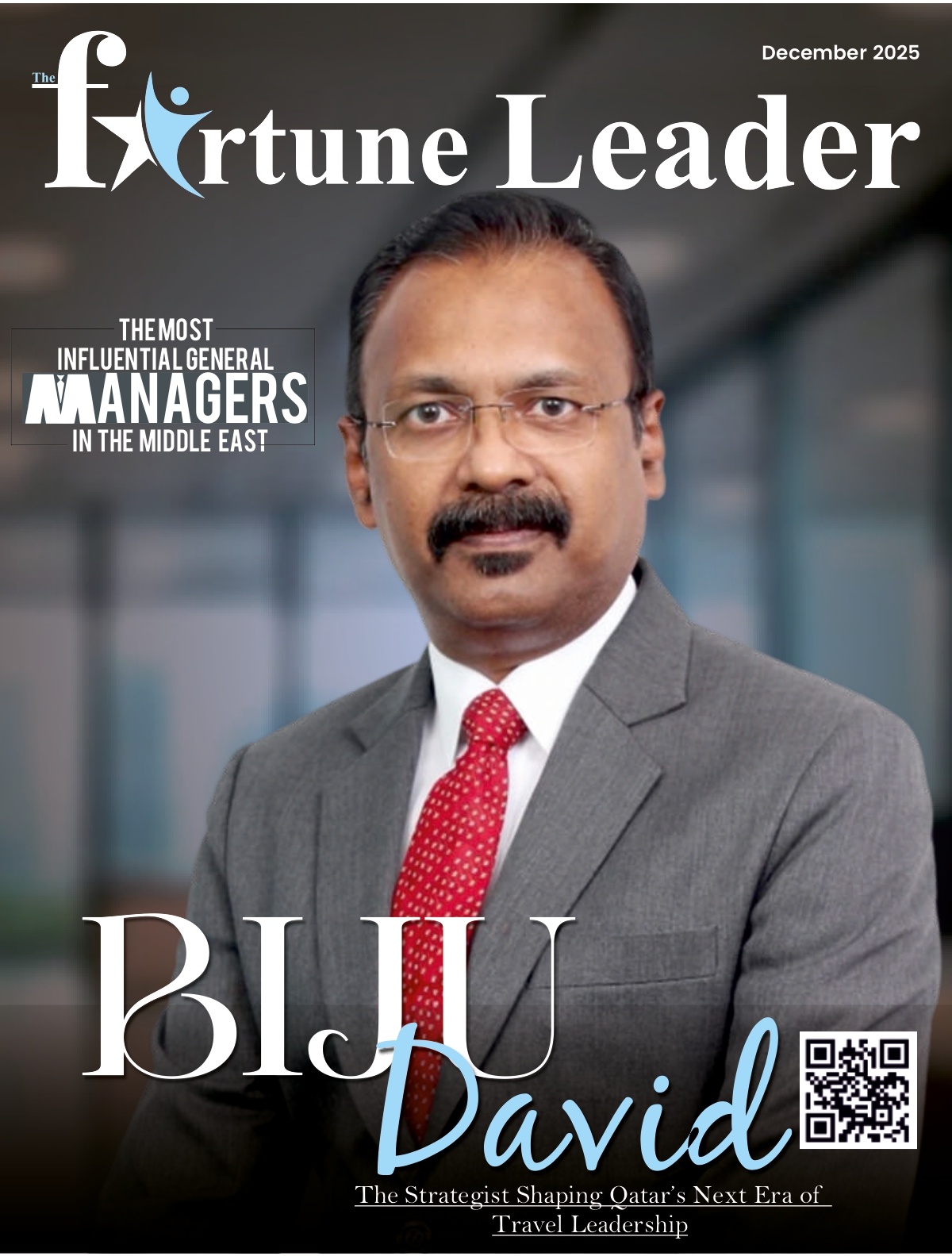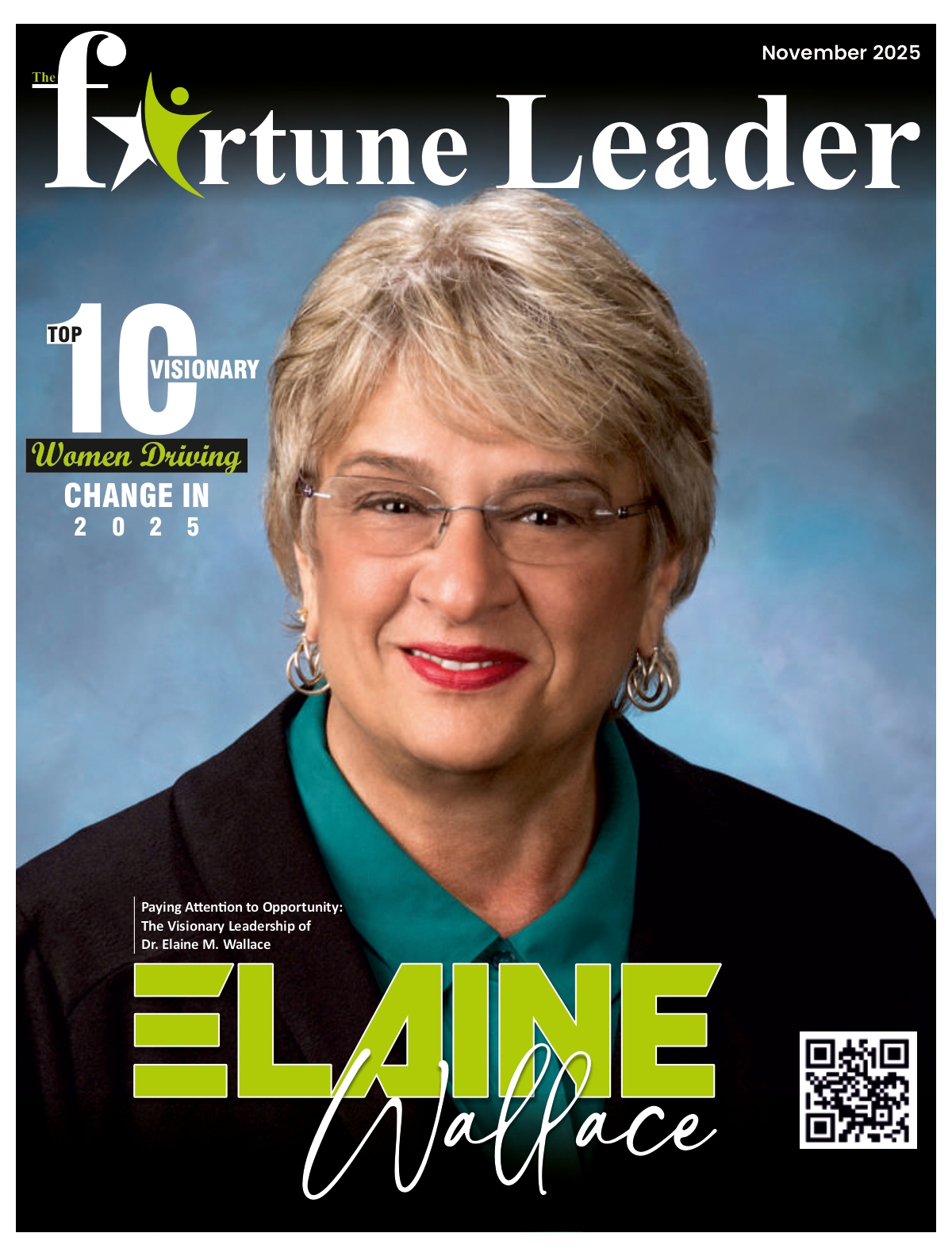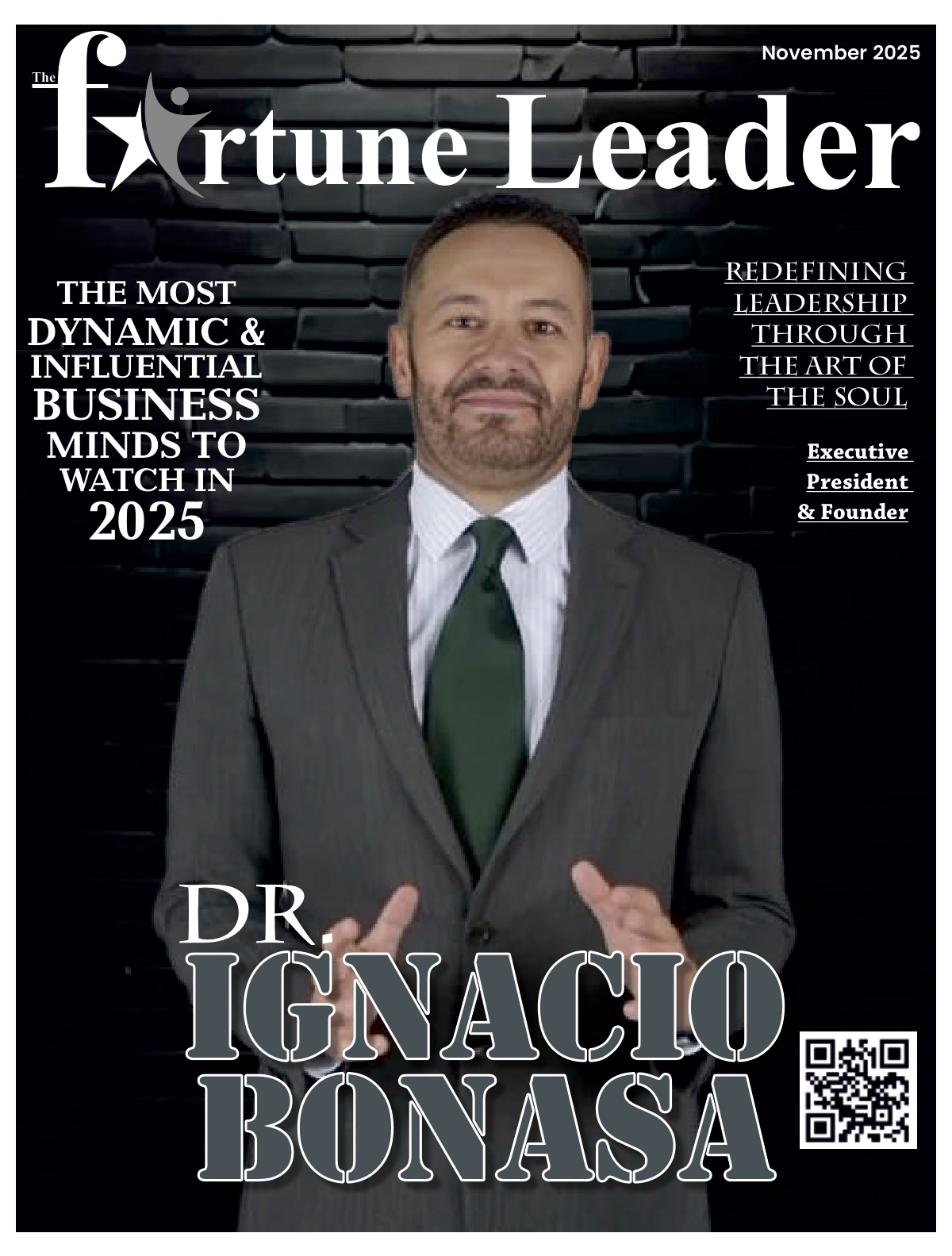In the contemporary landscape characterized by swift changes, leaders encounter challenges that are unparalleled. Conventional methods of organizational management and maintaining work-life balance have become inadequate in tackling the intricacies of today’s business climate. With factors such as global economic fluctuations, technological advancements, and an increasing demand for adaptable work structures, it is essential for leaders to adeptly maneuver through uncertainties with agility, resilience, and compassion. Equipping leaders to effectively confront these challenges is vital for the success of organizations as well as the well-being of employees.
A fundamental approach to empowering leaders is by fostering a culture of continuous learning. In a time characterized by perpetual change, it is essential for leaders to dedicate themselves to acquiring new skills and implementing innovative strategies. This encompasses not only technical competencies associated with emerging technologies but also essential soft skills such as emotional intelligence, effective communication, and conflict resolution. Leaders who cultivate a growth mind-set are more adept at navigating evolving circumstances and steering their teams through uncertain times.
Leadership development initiatives ought to emphasize the cultivation of resilience. Resilience refers to the capacity to recover from difficulties, maintain concentration in high-pressure situations, and motivate teams during adverse circumstances. Leaders who exemplify resilience can foster a sense of optimism and direction within their teams, thereby ensuring that employees stay engaged and driven even in the face of external obstacles. Instruction in mindfulness practices, stress management, and emotional regulation can assist leaders in enhancing their own resilience while also providing support to their teams during challenging times.
Empathy stands out as an essential quality for contemporary leaders. The increasing overlap between professional and personal spheres, especially with the growth of remote work, has resulted in employees encountering unprecedented levels of stress. Leaders who recognize the difficulties their team member’s experience, both in their professional roles and personal lives, are better positioned to cultivate trust and promote a more nurturing workplace. By providing flexibility, advocating for work-life balance, and attentively addressing employees’ concerns, leaders can establish a culture in which individuals feel appreciated and supported.
Furthermore, enabling leaders to navigate uncertainty requires granting them the freedom to make decisions and explore innovative strategies. In environments characterized by uncertainty, micromanagement proves to be detrimental. It is essential to place trust in leaders to make informed decisions based on the information at hand, while also encouraging them to undertake calculated risks. Establishing a secure environment for innovation empowers teams to investigate new solutions and swiftly adjust to evolving situations.
In summary, equipping leaders to manage the complexities of work-life balance necessitates a comprehensive strategy. By offering continuous development opportunities, promoting resilience and empathy, and allowing leaders the freedom to make decisions, organizations can create a setting in which both leaders and employees can flourish in the face of uncertainty. This forward-thinking leadership strategy not only enhances organizational performance but also contributes to a healthy, engaged, and resilient workforce.












